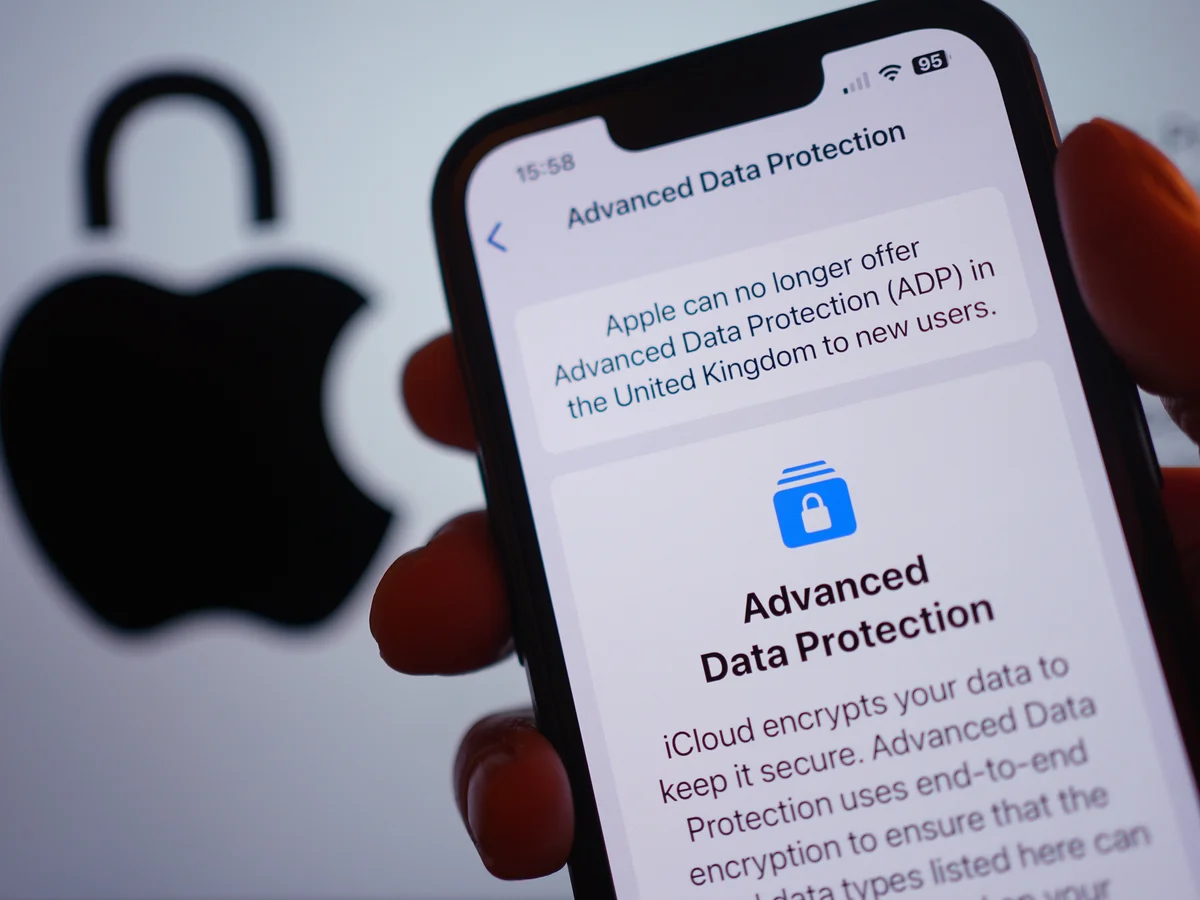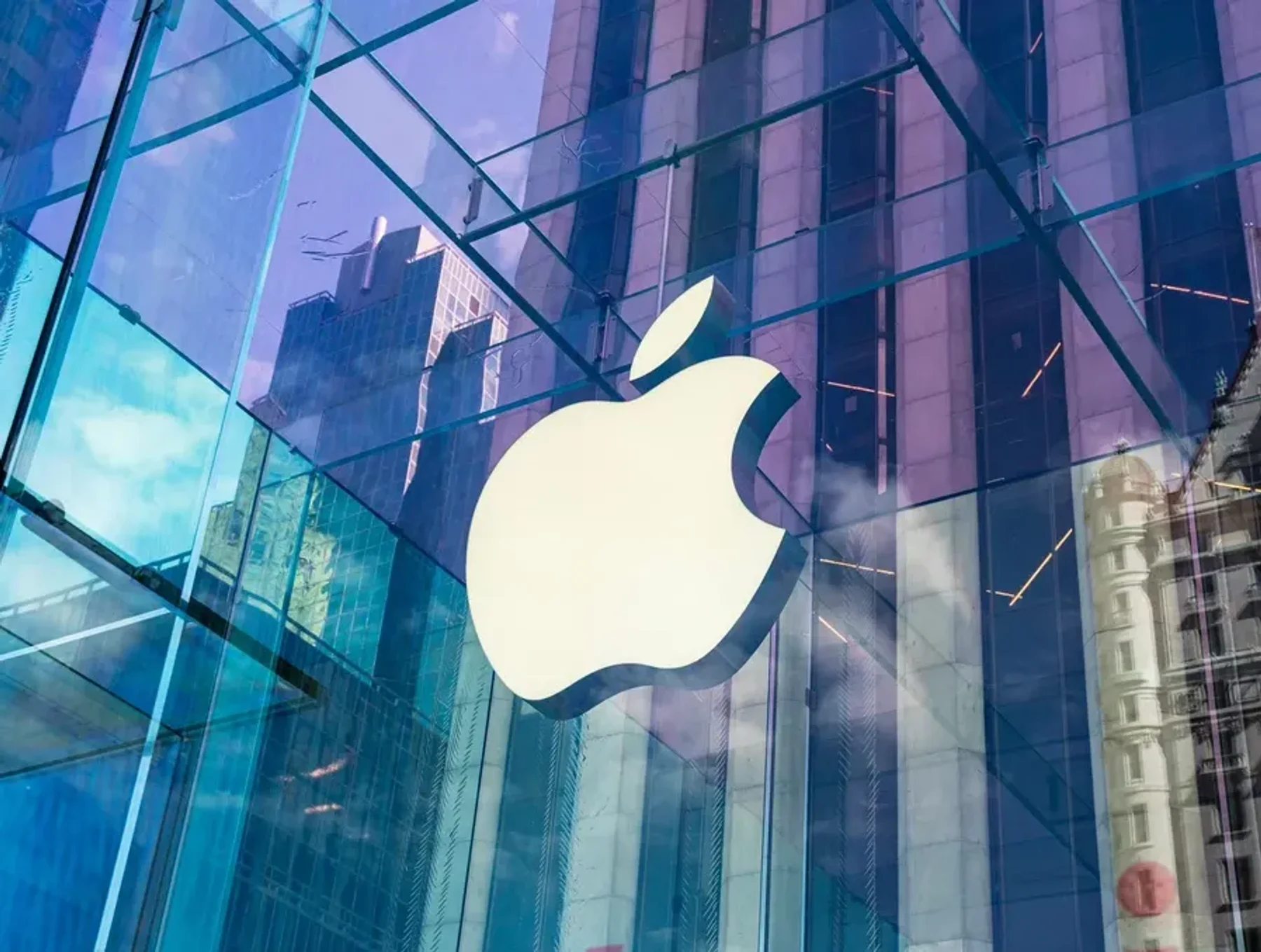Users of Apple devices in the UK are now considered to be at significant risk of having their data hacked due to a secret government order. This order, which requires Apple to provide a “backdoor” to encrypted data, was confirmed in a hearing at the House of Lords on March 31.
The secret notice, known as a technical capability notice (TCN), was issued by the home secretary, Yvette Cooper, and extends law enforcement and intelligence services’ access to encrypted data, including those using Apple’s Advanced Data Protection (ADP) service. This has sparked major concerns regarding the privacy and security of UK citizens.
Apple’s Withdrawal of ADP Service Sparks Privacy Concerns Over UK Government Encryption Demands
Apple withdrew its ADP service for UK users in February, a move that was interpreted as being compelled by the government’s request to create a backdoor to encrypted data. This withdrawal only affected UK users, while the service remained operational in other regions.
The withdrawal of this service led to speculation, including claims from US Congress that Apple would not have acted unless pressured by a government request. Critics argue that the government’s actions could weaken the encryption on Apple devices, making them more vulnerable to exploitation by criminals and hostile foreign entities.

Liberal peer Paul Strasburger expressed strong concerns about the impact of the government’s order on digital security. He argued that weakening encryption would not only make Apple’s devices more vulnerable to criminals but could also allow adversarial states to exploit this vulnerability.
Similarly, other members of the House of Lords, such as Claire Fox, emphasized that introducing backdoors could lead to irreparable damage to the security of user data, putting civil liberties, privacy, and free speech at risk. These vulnerabilities could also undermine the trust in the UK’s tech sector, which the government has been trying to establish as a global hub for innovation.
Legal Challenges and Calls for Transparency Over Government’s Encryption Backdoor Order
The legality of the government’s actions has been challenged in the Investigatory Powers Tribunal (IPT), with civil rights groups like Privacy International and Liberty intervening in the case. These groups, alongside individuals whose security has been impacted, are pushing for the appeal to be heard in an open court to ensure transparency.
Concerns have also been raised regarding the potential violation of human rights law, particularly following a judgment by the European Court of Human Rights in 2024, which deemed weakening encryption or creating backdoors unjustifiable under human rights protections.
In response to mounting pressure, Home Office minister David Hanson refrained from answering specific questions in the House of Lords, citing national security concerns.
While he confirmed that the government had a longstanding policy of balancing privacy protection with the need to combat criminal activity, he refused to confirm the existence of any notices or details about discussions between the UK and US governments. Several media organizations and civil rights groups have called for greater transparency, with many urging the Investigatory Powers Tribunal to hold hearings in open court to address the legal and privacy issues at stake.




